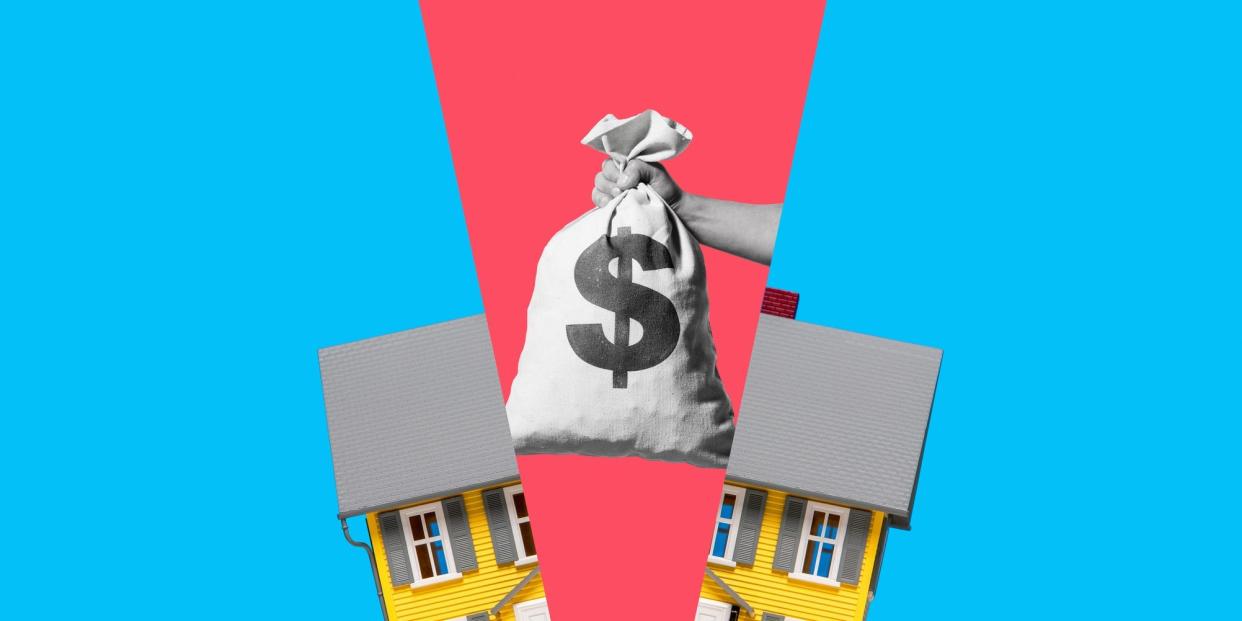Homebuyers need to earn 87% more than in pre-COVID years to afford a starter home, Redfin says

US income earners must make $75,849 to afford a starter home, Redfin reported.
That's an 87% jump from the how much a buyer needed to earn pre-COVID, in 2020.
Affordability is starting to improve, as mortgage rates are slowly sliding this year.
US starter homes are now roughly half as affordable as in 2020, as buyers must now earn nearly twice as much to purchase the typical first-time property, Redfin reported.
In February 2020, a starter home required that a buyer earn $40,465 annually. But four years later, that figure now stands at $75,849, and represents an 87% jump.
Higher costs and a sharp upswing in mortgage rates account for the difference, Redfin said. Whereas the median starter home price was $169,000 in 2020, it's now ballooned to $240,000.
That's while the average 30-year mortgage fixed rate jumped from 3.5% to 6.78% rate, as of February.
Such conditions aren't exclusive to the start home market, as affordability has become a key issue throughout the US housing landscape.
Higher prices are in part the result of a national supply shortage, while elevated mortgage rates have kept current homeowners from selling — which only adds to the inventory headache. According to Zillow, homebuyers need to earn 80% more than in pre-COVID years to buy into the broader housing market.
Now, the US median-income earner makes $84,072, Redfin said, marking a 5.5% wage increase from February 2023.
While that means that typical earners can still afford a starter home, income growth is slower than home appreciation. The current $75,849 starter home price is an 8.2% increase from last year.
But, relief is coming from falling mortgage rates, which have climbed down from an 8% high in October. As interest rates are likely to fall this year, mortgage rates should gradually diminish overtime, making starter homes more affordable, Redfin said.
"Affording a home remains a financial stretch, or a pipe dream, for so many households," CEO for ATTOM Rob Barber said in a separate report, speaking about the border market: "But with mortgage rates coming down and home prices growing only by modest amounts, it's gotten a bit easier for average wage earners to afford a home so far this year."
Read the original article on Business Insider
